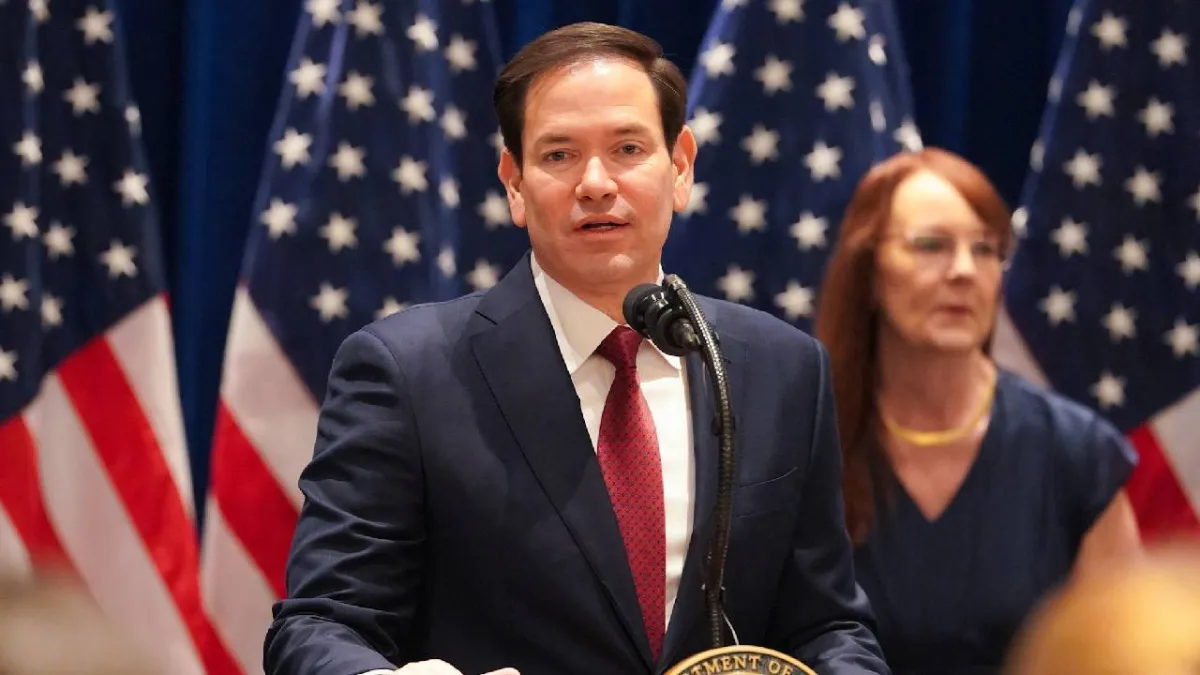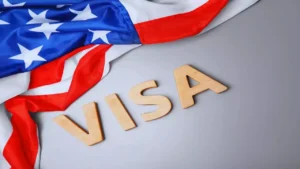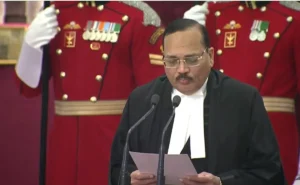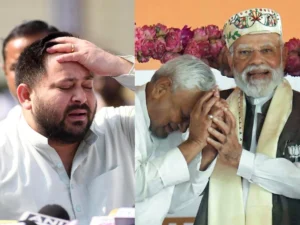The US Imposes Visa Restrictions: The United States government is acting firmly against foreign officials who repress basic human rights. The latest visa restrictions are aimed at officials behind the erosion of free speech cover across the globe. This move is another milestone in America’s continued dedication to promoting democratic values worldwide.
US Imposes Visa Restrictions: Understanding the New Policy Framework
When foreign authorities limit people’s fundamental rights to express themselves freely, there are repercussions soon. The newest actions by the State Department prove America’s unyielding position on defending democratic values. Those officials who trample these basic human rights will face severe restrictions on visiting American soil.
Restrictions are directed at specifically government officials who are engaged in quelling journalistic activities and civil society groups. The policy targets individuals who:
- Target journalists by means of intimidation, harassment, or persecution in law
- Impose restrictions on media activities through arbitrary licensing or closures
- Muzzle civil society organizations by way of regulatory abuse or cuts in funding
Consequences for International Relations
Foreign states tend to be concerned with these actions impacting diplomatic relations between states. But American authorities insist that the safeguarding of human rights is paramount compared to the preservation of cosy diplomatic arrangements. The restrictions are unmistakable signals to all illiberal regimes globally.
Countries that have seen substantial democratic decline are frequently singled out by these new regulations. Authorities responsible for orchestrating systematic attacks on press freedom are prime candidates for visa denial.
US Imposes Visa Restrictions: Specific Cases and Examples
Recent cases demonstrate the policy’s broad reach across multiple continents and governmental systems. Officials from various countries have already faced these restrictions following documented human rights violations. The State Department evaluates each situation based on verified evidence of rights suppression.
Intelligence agencies offer key documentation backing these visa restriction measures. In their reports, they document individual cases of foreign officials actively subverting freedom of the press or civil rights. Such evidence-based measures ensure accountability with diplomatic norms maintained.
Congressional Support and Legislative Backing
Bipartisan Congressional support ensures the strengthening of the administration’s capacity for effecting these measures. Members of both leading political parties acknowledge the need to protect democratic principles abroad. It proves America’s commitment to the protection of human rights, and this is something they share.
House and Senate committees periodically review such restrictions to ensure their effectiveness continues. Members review particular cases while exercising oversight over the State Department’s process for implementation. This engagement ensures there is transparency throughout the entire system.
Global Response and Reactions
Global human rights groups commend these actions as important steps towards accountability. Civil society organizations are thankful for America’s leadership in upholding press freedom. These endorsements boost the policy’s democratic legitimacy among nations.
The targeted nations, though, tend to reply with diplomatic protests and criticism. Some governments label these restrictions as meddling in their internal affairs. American officials stick to their commitment to human rights protection despite these complaints.
Implementation and Enforcement Mechanisms
The State Department works in close liaison with other federal departments in order to implement policies effectively. Coordination helps to block restricted officers from entering American soil using other routes.
Consular officials globally are trained in the recognition of officials responsible for human rights abuses. Their knowledge ensures uniform implementation of these limits throughout all American posts abroad.
US Imposes Visa Restrictions: Future Implications and Developments
These steps mark America’s increasing focus on human rights factors in foreign policy initiatives. Future limitations could extend to include more categories of rights abuses. The policy framework allows flexibility for responding to new threats to democratic institutions.
Diplomats anticipate that these restrictions will inspire other democracies to follow suit. International cooperation may make the efforts of each nation more effective. The combined effort is bolstering global action to preserve basic human rights.
US Imposes Visa Restrictions: Long-term Strategic Goals
In addition to direct accountability, these limitations also pursue higher strategic goals in advancing democratic leadership globally. They show real-world repercussions for leaders who prefer to repress their citizens’ fundamental rights. Such a dissuasive impact can potentially shape future acts of would-be abusers.
The policy also reinforces America’s leadership position in defending global human rights standards. Other free nations follow American precedents for addressing similar transgressions. This influence assists in establishing wider international pressure for better human rights practices.
Conclusion and Moving Forward
The restrictions demonstrate America’s continued commitment to defending democratic values from authoritarian threats globally.
Foreign leaders now know that stifling fundamental human rights has real repercussions. They safeguard journalists, civil society, and ordinary citizens seeking to exercise their fundamental freedoms. American leadership assists in shaping global norms that secure democratic institutions all over the world.








Be First to Comment